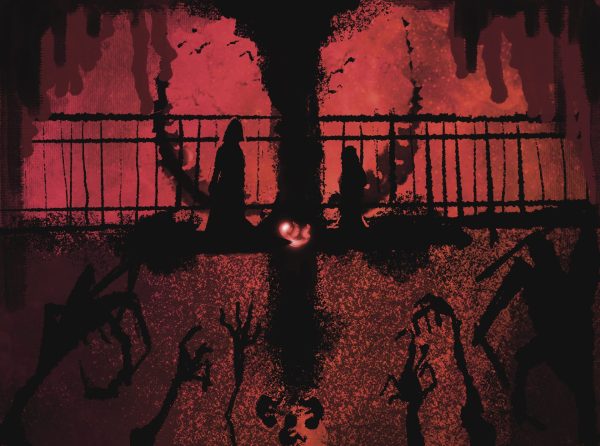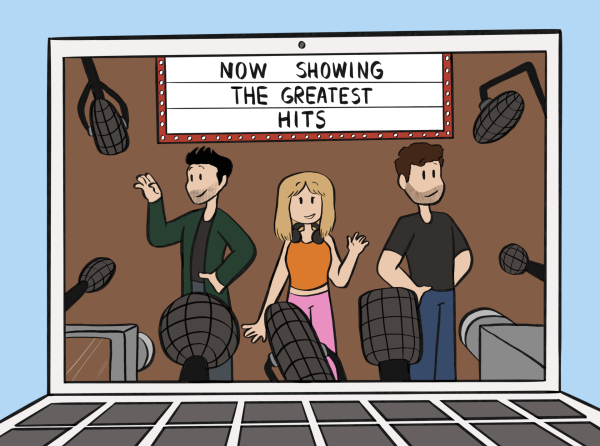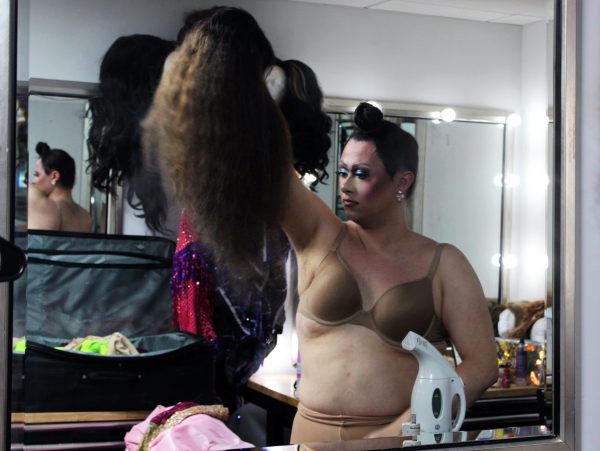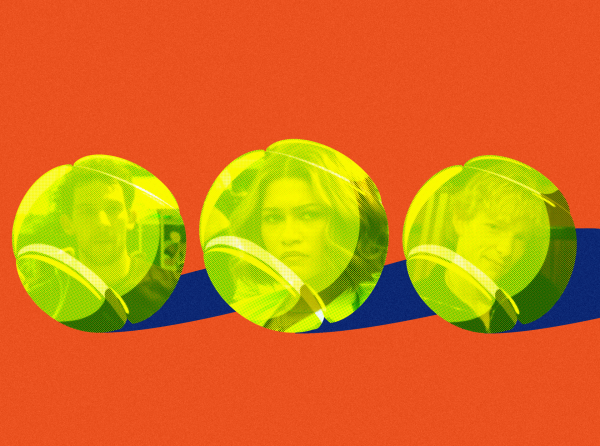Gender inequality in local music scene highlighted by recent abuse allegations
Ryan Adams’ prolific solo career has been marked not only by his own music, but also his seeming dedication to jumpstarting the careers of younger female musicians.
It wasn’t until The New York Times wrote an exposé on his relationships with several of his protégées that revealed the sinister nature of Adams’ role in their careers.
The report describes behavior observed by “seven women and more than a dozen colleagues” that allege the mogul “dangled career opportunities” towards younger female musicians while pursuing them sexually and engaged in various forms of harassment when rejected.
While Adams denied the allegations, he took to social media to apologize for his actions as fans and critics alike continue to voice their support for his victims.
Justin Sinkovich, associate professor and the graduate program director of the Master of Arts Management (MAM) in the Business and Entrepreneurship Department at Columbia College, recognizes the shift in attitude towards abusers in entertainment.
“More and more people feel safe enough to come forward, and now they are seeing they will be heard without fear of retribution,” Sinkovich said. “And the legal system, these industries, and society as a whole are starting to take action, the new indictment of R Kelly is case in point. The dominos are going to continue to fall, and we are most likely just seeing the start of a long list of perpetrators being made public.”
Not only is Hollywood reeling from the allegations—dubbed “Hurricane Ryan”—but the local music scene is also feeling its effects as the disempowerment of female musicians becomes more apparent.
Lucy Baker, a sophomore vocal performance major at DePaul, says that her male peers have more influence, especially within her experiences in the classical musical world.
“As a singer, it’s a little different because only a female singer can sing female repertoire, but especially in the administrative side of it, there’s definitely a strong male presence,” Baker said. “The classical, and especially jazz, worlds are overwhelmingly male-dominated, and my female colleagues struggle to find their place.”
Baker also says that the ways in which music is taught is inherently male.
“It’s taught to us in a very scientific and mathematical way rather than discussing the things which really make music beautiful, like the emotions it makes us feel,” Baker said.
DePaul junior Lili Trifilio says that her own start in the industry was marked by discouragement.
“Before I started making my own music, this Chicago band was looking for a vocalist and I reached out since I had been interested in singing,” Trifilio said. “They told me they weren’t interested in a female vocalist.”
Disappointed yet unphased by the experience, Trifilio continued to pursue her passion for music and founded Beach Bunny—a surf pop-rock group that has truly taken the local music scene by storm. Despite the success she’s experienced—from a set at Riot Fest to a tour with Remo Drive—she recognizes that disparities exist within the heavily male-dominated Chicago scene.
“DePaul music and the Chicago college scene highly revolves around garage rock and indie rock,” Trifilio said. “Chicago garage rock in particular has a very small percentage of women in compared to some other scenes I’ve been involved with.”
The lack of representation of female musicians within the local scene reflects larger issues within the music industry. Female performers are sexualized, controlled and often excluded from certain opportunities available to their male counterparts—especially within particular genres.
“I think there is an assumption by some, that men need to manage a female artist regardless or not if she wants help,” Trifilio said. “Or that men need to advise her in some way or another.”
Revelations surrounding Adams’ abuses towards his protégées are not only the latest case in the #MeToo movement, but also raise awareness to this disempowerment that has always existed within the industry but seldom been addressed.
Trifilio says that she has experienced instances in which she has felt “disrespected, dismissed, and taken advantage of career-wise” and emphasizes that much more work needs to be done to eradicate disempowerment of female musicians.
“There is already a major increase in accountability for men in the music industry,” Trifilio said. “In regard to industry corruption and other negative aspects of the male-dominated music industry that are not ‘allegations’ necessarily, but are harmful nonetheless, we have a long way to go.”



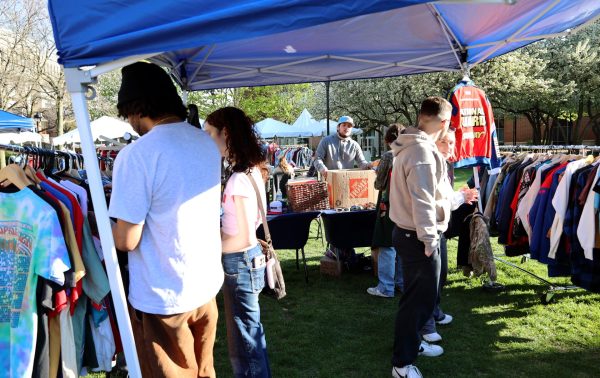
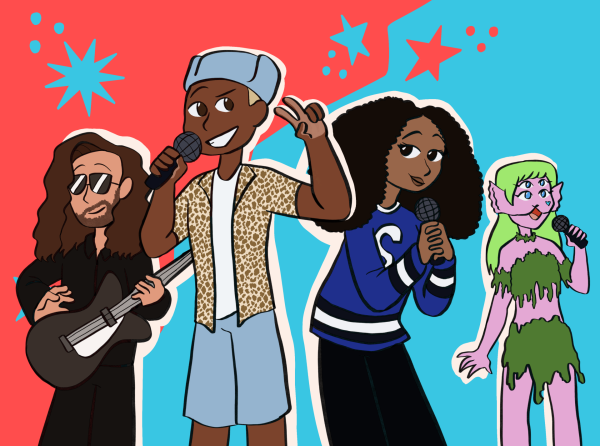
![DePaul sophomore Greta Atilano helps a young Pretty Cool Ice Cream customer pick out an ice cream flavor on Friday, April 19, 2024. Its the perfect job for a college student,” Atilano said. “I started working here my freshman year. I always try to work for small businesses [and] putting back into the community. Of course, interacting with kids is a lot of fun too.](https://depauliaonline.com/wp-content/uploads/2024/04/ONLINE_1-IceCream-600x400.jpg)

